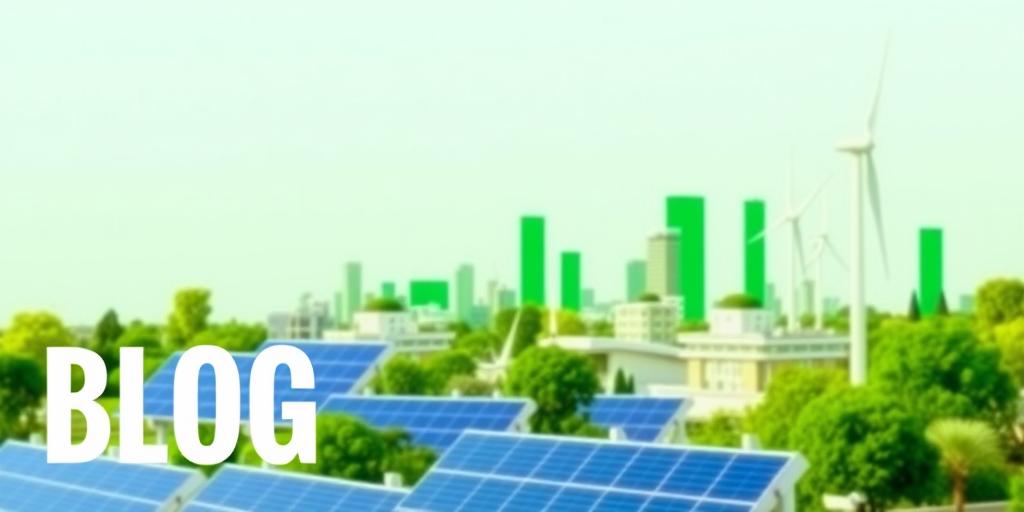Sustainable Future Trends and Their Impact
The world is changing, and sustainability is no longer a buzzword—it's a necessity. As we look to the future, several key trends are emerging that will significantly impact how we live, work, and interact with our planet. This post explores some of these trends and their potential effects.
1. Circular Economy
The traditional linear economy (take-make-dispose) is unsustainable. The circular economy, however, focuses on closing the loop by reusing, repairing, and recycling materials. This model reduces waste and minimizes the need for new resources.
Impact:
- Reduced landfill waste
- Lower demand for raw materials
- New business opportunities in recycling and refurbishment
2. Renewable Energy Transition
Fossil fuels are finite and harmful to the environment. The transition to renewable energy sources like solar, wind, and hydro is accelerating. Technological advancements are making these sources more efficient and affordable.
Impact:
- Decreased carbon emissions
- Cleaner air and water
- Energy independence and security
3. Sustainable Agriculture
Conventional farming practices often deplete soil and require heavy use of pesticides and fertilizers. Sustainable agriculture focuses on methods that protect the environment, promote biodiversity, and ensure long-term food security.
Impact:
- Healthier soils
- Reduced pollution from agricultural runoff
- Increased biodiversity
- More resilient food systems
4. Green Transportation
The transportation sector is a major source of greenhouse gas emissions. Green transportation solutions, such as electric vehicles, public transit, and cycling, are becoming more prevalent.
Impact:
- Lower carbon footprint
- Reduced air pollution in urban areas
- Quieter cities
5. Smart and Sustainable Cities
As urban populations grow, cities must become more sustainable. Smart city technologies can optimize resource use, improve efficiency, and enhance the quality of life for residents.
Impact:
- Reduced energy consumption
- Better waste management
- Improved public services
- Enhanced livability
6. Conscious Consumption
Consumers are becoming more aware of the environmental and social impact of their purchasing decisions. This trend is driving demand for sustainable products and ethical business practices.
Impact:
- Increased demand for eco-friendly products
- Greater corporate social responsibility
- Support for sustainable businesses
7. Water Management
As water scarcity becomes a growing concern, efficient water management is crucial. Technologies like smart irrigation, water recycling, and desalination are gaining importance.
Impact:
- Conservation of freshwater resources
- Reduced water waste
- Increased resilience to drought
Conclusion
The shift toward a sustainable future is not just an environmental imperative—it's also an economic opportunity. By embracing these trends, we can create a more resilient, equitable, and prosperous world for future generations. It's time to act, innovate, and collaborate to build a sustainable future together.









